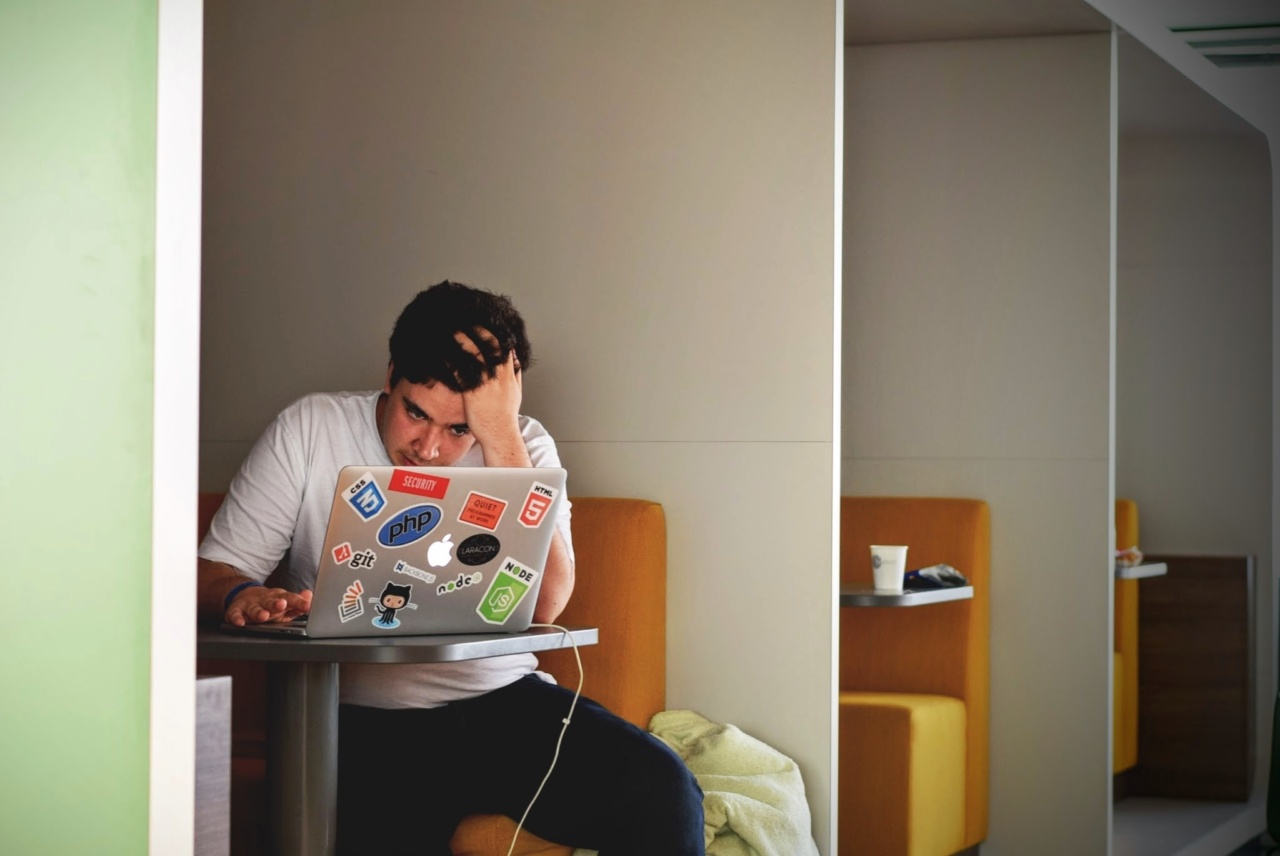Sleep is an essential part of life. It helps to recharge your body and mind, providing you with the energy you need to tackle the challenges of each new day.
But what happens when you struggle to get enough sleep? You might find yourself feeling tired and sluggish, struggling to focus, and generally feeling unwell. Fortunately, there are things you can do to improve your sleep quality. Here are eight tips to help you get better rest:.
Tip 1: Create a Sleep-Friendly Environment
The environment you sleep in plays a significant role in your sleep quality. Start by making sure your room is at a comfortable temperature and that it’s dark enough for you to sleep comfortably. Invest in blackout curtains or blinds if necessary.
Make sure your bed is comfortable and supportive, and consider investing in high-quality bedding and pillows that help you stay cool throughout the night.
Tip 2: Stick to a Sleep Schedule
Your body is designed to operate on a set rhythm, and you’ll sleep better if you stick to a consistent sleep schedule. Aim to go to bed and wake up at the same time each day, even on weekends.
It might take a few days or even weeks for your body to adjust to the schedule, but once it does, you’ll likely find that you’re sleeping better overall.
Tip 3: Limit Screen Time
The blue light emitted by electronic devices like smartphones and tablets can interfere with your body’s natural sleep rhythms. Try to avoid using screens for at least an hour before you plan to go to bed.
Better yet, make your bedroom a screen-free zone altogether. Read a book or engage in another relaxing activity instead.
Tip 4: Get Regular Exercise
Physical activity is essential for your health and wellbeing, and it can also help you sleep better.
Aim to get at least 30 minutes of moderate-intensity exercise most days of the week, but avoid working out too close to bedtime, as the increased adrenaline can make it difficult to sleep.
Tip 5: Limit Caffeine and Alcohol
Caffeine and alcohol are both stimulants that can interfere with your sleep quality. If you’re struggling to sleep, try limiting your caffeine intake to the mornings only, and avoid alcohol altogether.
If you do choose to drink, aim to have your last drink at least a few hours before bedtime.
Tip 6: Try Relaxation Techniques
If you’re feeling stressed or anxious, your sleep may be suffering. Consider incorporating relaxation techniques like deep breathing, meditation, or yoga into your evening routine.
These practices can help calm your mind and prepare your body for sleep.
Tip 7: Avoid Late-Night Eating
Eating late at night can interfere with your sleep by causing indigestion and heartburn. Try to eat your last meal a few hours before you plan to go to bed, and stick to lighter, easier-to-digest foods in the evening.
Tip 8: Consider Seeking Professional Help
If you’ve tried all of these tips and you’re still struggling to sleep, it may be time to seek professional help.
Talk to your healthcare provider or a sleep specialist to identify any underlying conditions that may be affecting your sleep and develop a treatment plan.
Conclusion
Getting enough sleep is critical for your health and wellbeing. If you’re struggling with sleep, try implementing these eight tips into your routine.
Aim to create a sleep-friendly environment, stick to a consistent sleep schedule, limit screen time, get regular exercise, limit caffeine and alcohol, try relaxation techniques, avoid late-night eating, and consider seeking professional help if necessary. With a little bit of effort and consistency, you can improve your sleep quality and wake up feeling refreshed and energized each day.































